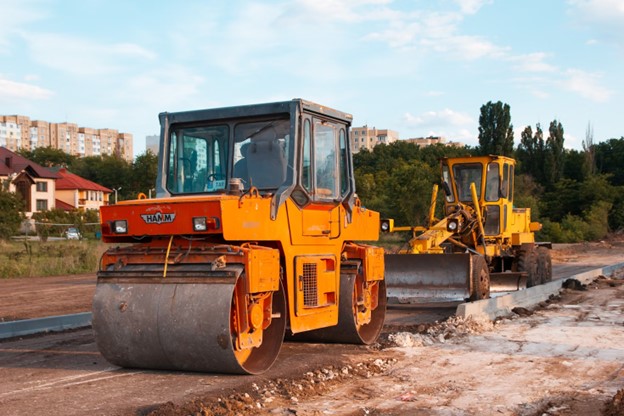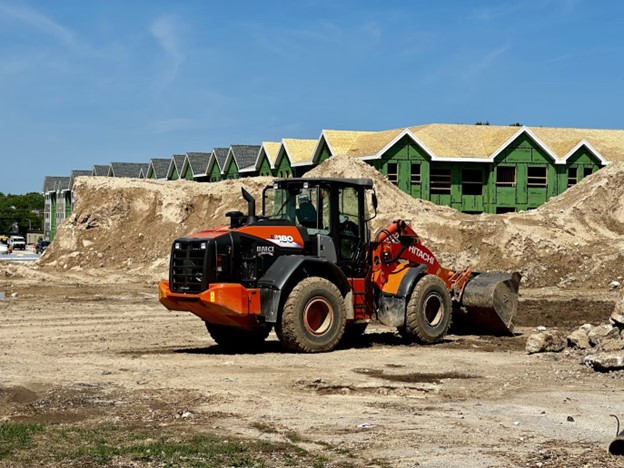My blog focuses on Financial Literacy/Money and Business/Entrepreneurship. A construction business is a special kind of business with special needs. One of the biggest ones is the purchase of new equipment. The following contributed post is entitled, Rent or Buy: What’s The Best Way To Get Construction Equipment For Your Business?
* * *
Your business needs construction equipment, but what’s the best way of obtaining this? Some construction companies like to rent theirs while others prefer to buy. Here’s the thing: both are viable options with pros & cons – it’s your decision, so let’s look at both ideas under the microscope.

Buying Construction Equipment – Pros & Cons
There are several benefits to investing in good equipment and buying it outright over renting. To start, you own all of the equipment, so you don’t have to worry about paying overpriced rental costs. Having ownership of this equipment also leads to the following advantages:
● You can rent your equipment to other companies and earn money
● You can use your equipment as collateral to obtain additional business funding
A big worry some construction companies have is how they’ll transport all the heavy equipment around. You don’t need to invest in more transportation because you can pay for heavy equipment transport services to handle things. This helps keep the cost of owning your equipment down to a minimum.
That brings us to the only real downside to this approach: the upfront costs. It is normally cheaper to rent because you only pay for the equipment when you need it. Paying for your own heavy-duty machinery will set you back a mini fortune – though you have to consider the benefits of renting it out to regain some of the funds.

Renting Construction Equipment – Pros & Cons
On the other side of things, renting construction equipment has three main benefits:
● It is more cost-effective than buying
● You don’t have to worry about storage or transportation
● You only pay for equipment when you use it
The downside is that you’re not in control of the equipment at all. Equipment suppliers might’ve rented out the machines you need to other companies, leaving you with nothing to rent. There’s also no guarantee that the equipment will be up to scratch – or property maintained. When you own it, you’re at least in control of things like cleaning the equipment and adhering to the maintenance schedule.
How Do You Know Which Approach Is The Best?
Generally, you can ask two questions to determine which approach makes the most sense for your particular business:
● Do you need the equipment all the time?
● Will buying the equipment put you in a worrying financial position?
If you need the equipment virtually every day, then buying it means you won’t have to worry about supply issues. On the days when you might not need the equipment, you can always rent it out to nearby companies to make up for the upfront costs of ownership.
However, you really ought to consider your financial situation. Buying equipment could put you in a damaging scenario where you have a negative cash flow and can’t afford other vital business expenses. It’s probably not worth taking a financial risk like this, and renting will make more sense.
You get the idea; it’s a toss-up between the two approaches that depends on each business’s unique position. Take a lot of time to consider the implications of buying or renting before choosing how you get your hands on construction equipment.
